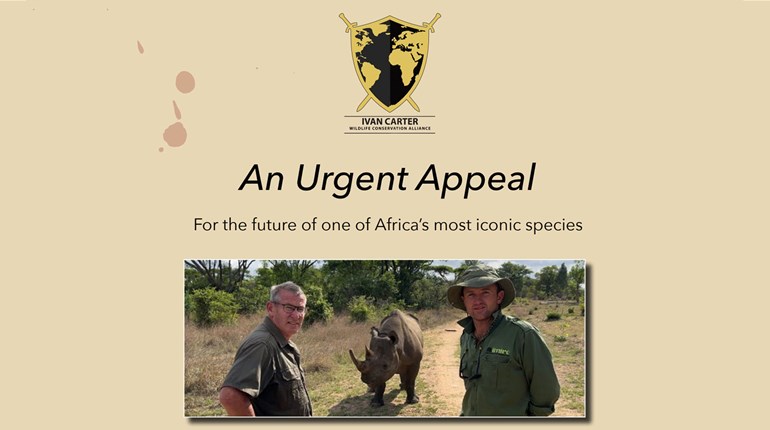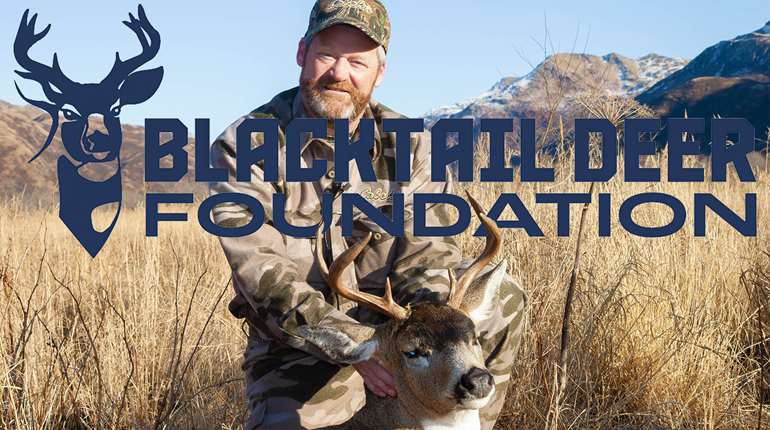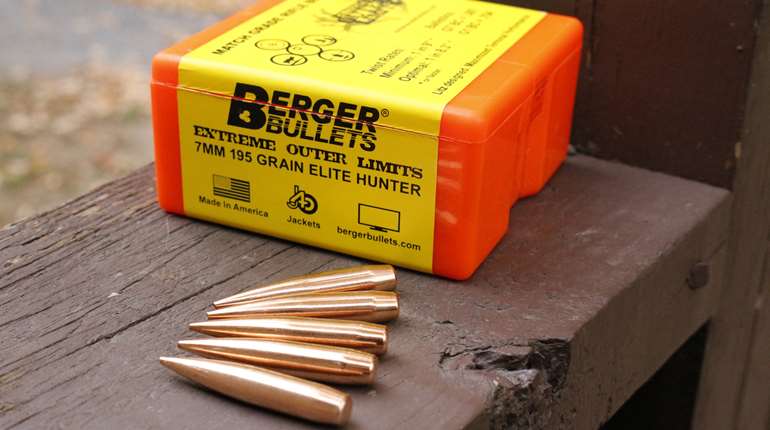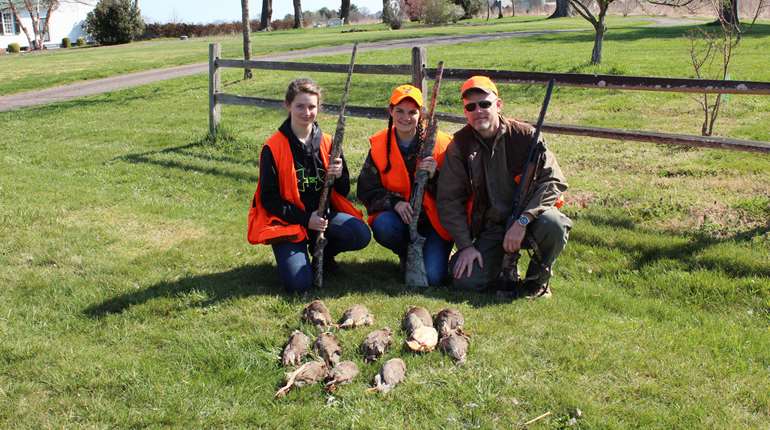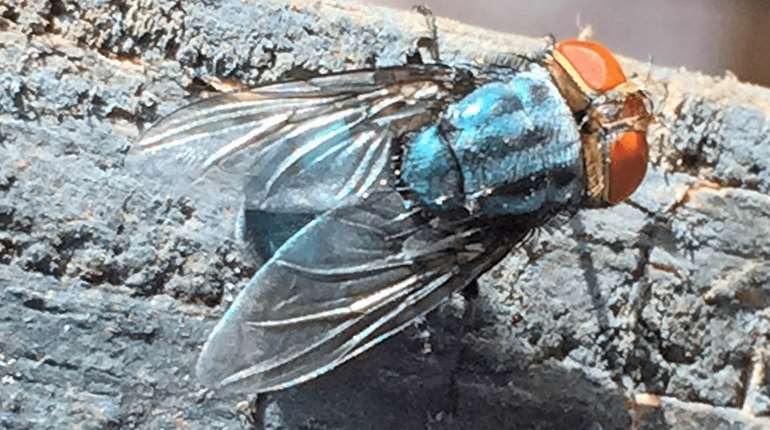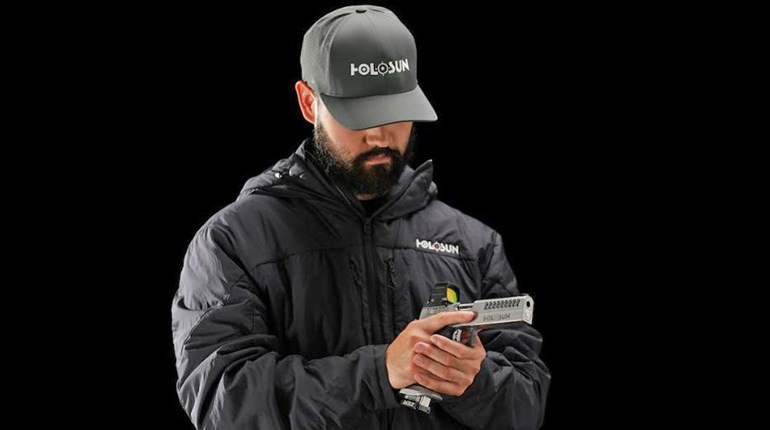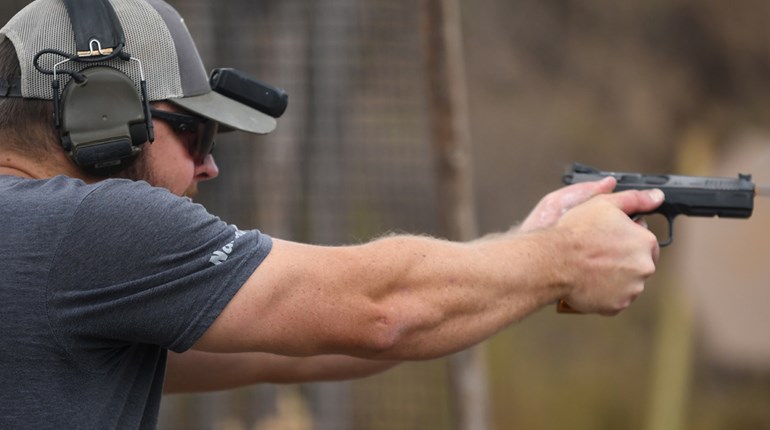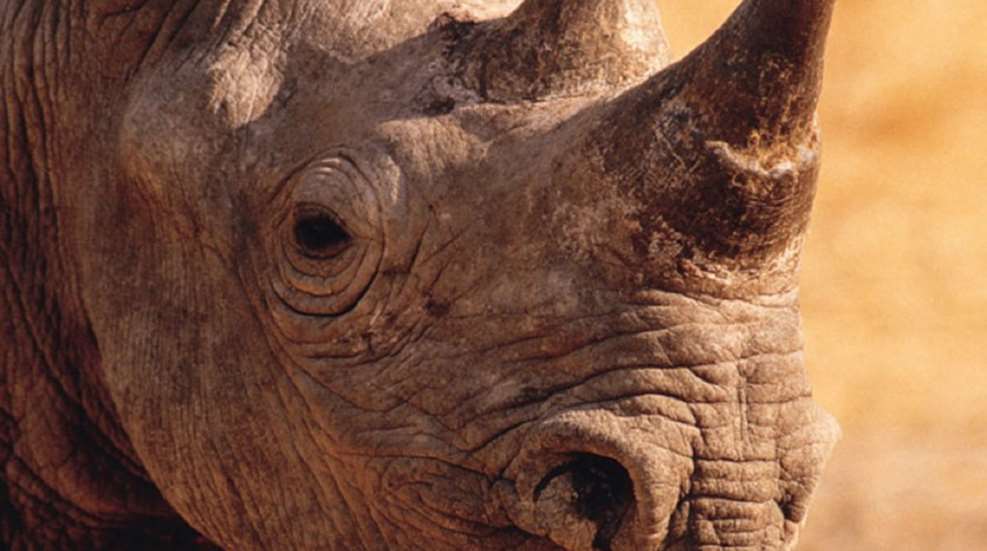
As reported in the Wall Street Journal, South Africa made wildlife conservation headlines on Jan. 20 when its high court upheld a controversial decision to legalize the domestic sale of rhinoceros horn, a strategy aimed to decrease poaching of this endangered animal by creating a legal horn supply.
According to South Africa's Department of Environmental Affairs, the court in Pretoria, Johannesburg, rejected its appeal filed in November 2015 when the court ruled to lift the domestic ban on trade in rhino horn, legalizing sales that have been banned in the country since 2009—and internationally since 1977. The government plans to file another appeal with the Supreme Court of Appeal, which will put a moratorium back in place until that court rules.
Here is the gist of the controversy: While rhino farmers and other proponents of the trade say saturating the market with a legal supply takes pressure off wild populations, opponents, including some conservationists, say it will do the opposite by increasing poaching and increasing the pressure on wild populations.
The alarming fact is that nearly 4,000 rhinos have been slaughtered in the past eight years alone due to increased demand for their horns. In places like Asia, for example, it is well known that the horns are turned into powder and added to potions and medicines as well as being sought after as a status symbol.
For perspective, the global population of rhinos in the early 20th century was 500,000, but wildlife biologists now list that number at a meager 29,000. The three remaining Asian rhino subspecies account for only several thousand—though the Javan subspecies is as low as 40 animals. In addition, only 20,000 Southern white rhinos and 5,000 black rhinos, which include three subspecies in Africa, remain.
As for why South Africa remains such a critical and controversial hotspot, the country houses four-fifths of remaining rhinos worldwide. I am heartbroken to say that when I was hunting in South Africa in June, a rhino was slaughtered for its horn by light of a full and silvery moon.












